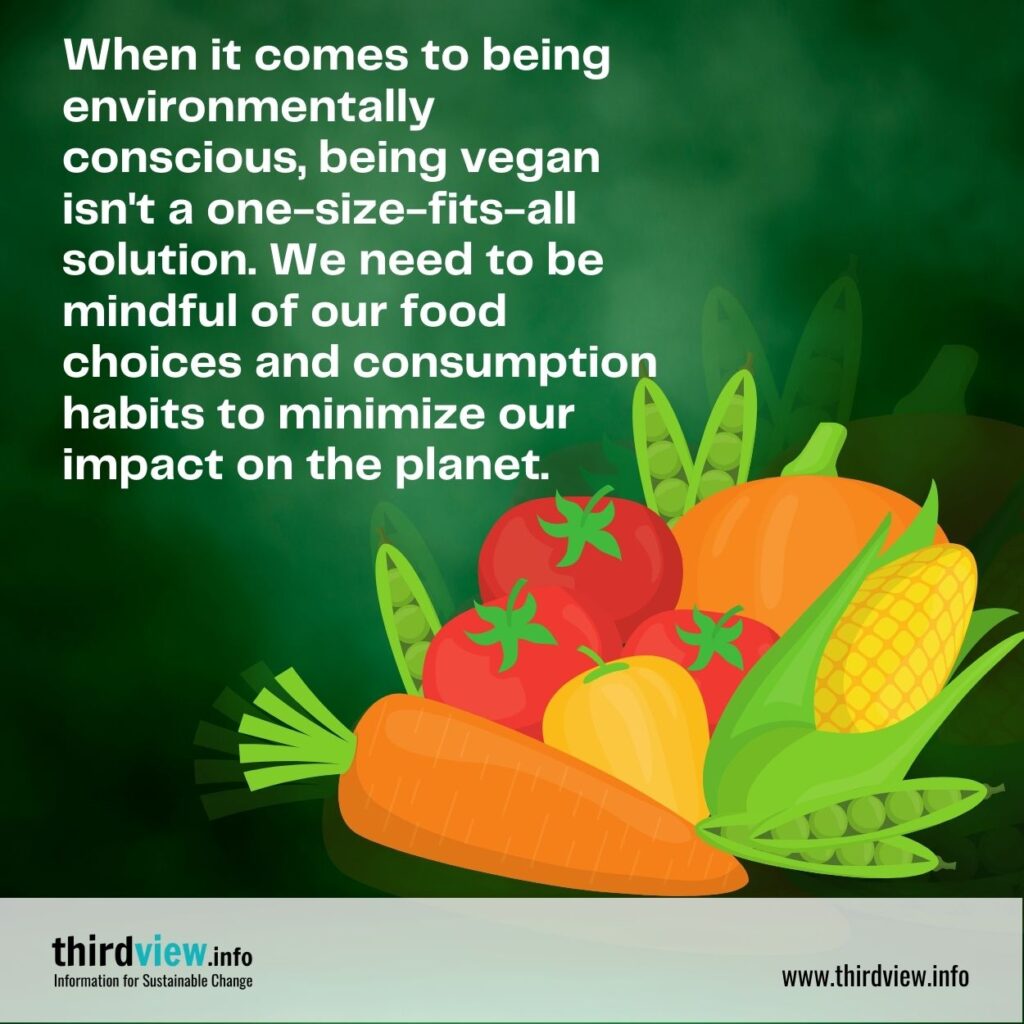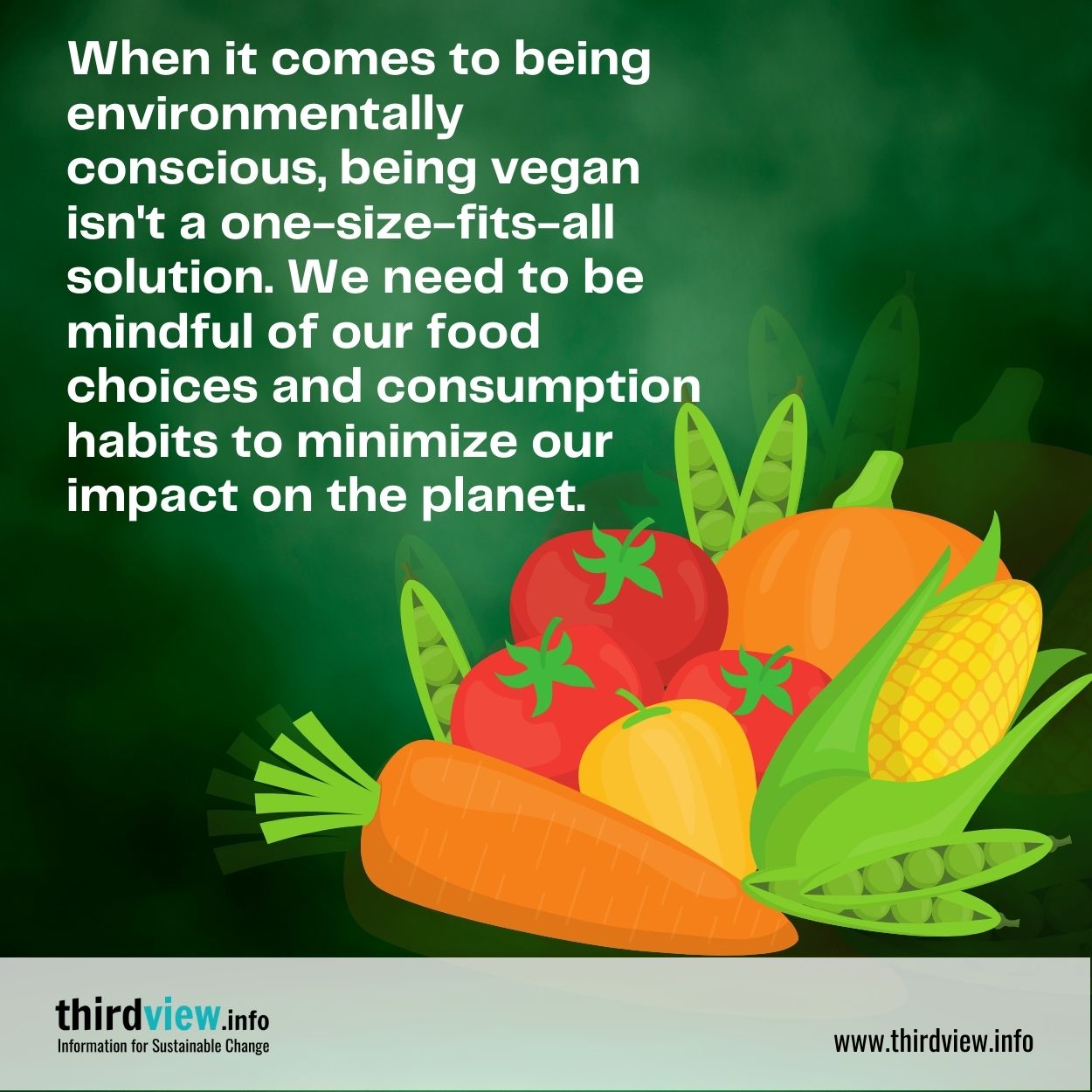When it comes to reducing your environmental impact, one of the most popular suggestions is to go vegan. But is being vegan always greener? It’s a complex issue, and there’s no easy answer. Let’s take a closer look at the pros and cons of being vegan for the environment.
The Pros of Being Vegan for the Environment
There are several ways that going vegan can help reduce your environmental footprint. First, it takes considerably fewer resources to produce plant-based foods than animal products—it takes up to 10 times more water to produce 1kg of beef compared to 1kg of wheat. Additionally, animal agriculture uses vast amounts of land, contributing significantly to deforestation and biodiversity loss. According to some estimates, as much as 91% of Amazon rainforest destruction is due to cattle ranching. Going vegan can also result in substantially lower CO2 emissions due to the decreased energy needed for production.
Another pro of veganism is that it can be a healthier way to eat since it eliminates foods with high levels of saturated fat like red meat. Eating more fruits, vegetables, grains, nuts, and legumes can provide essential nutrients like vitamins A and C as well as fibre, iron, zinc, and magnesium. Eating a variety of plant-based foods can also reduce risk factors for some diseases like diabetes or heart disease.
The Cons of Being Vegan for the Environment
Unfortunately, veganism isn’t a silver bullet solution when it comes to sustainability. For starters, many plant-based foods require intensive farming practices that use up significant amounts of water and other resources (think avocados). Additionally, some studies have suggested that certain vegan staples such as lentils may be worse for the environment than beef when looking at factors like energy use and land requirements; this could be because these plants require large amounts of nitrogen fertilizer which releases nitrous oxide (a powerful greenhouse gas) into the atmosphere during production. Finally, there are other issues associated with plant-based foods such as plastic packaging waste from ready-made meals or food miles from imported ingredients which need to be considered in order for us to make truly sustainable choices. It’s also important for vegans to pay close attention to their diets in order to ensure they’re getting enough calories from nutrient-dense foods instead of relying on processed snacks that may lack the essential nutrients needed for good health.
As you can see, simply switching to a plant-based diet isn’t always enough when it comes to creating an environmentally friendly lifestyle—there are many other considerations we must take into account such as food miles and resource consumption during production. Ultimately, being conscious about our consumption habits is key; by taking all aspects into consideration we can make informed decisions about what we buy so that we can still enjoy delicious meals while doing our part for the planet.


